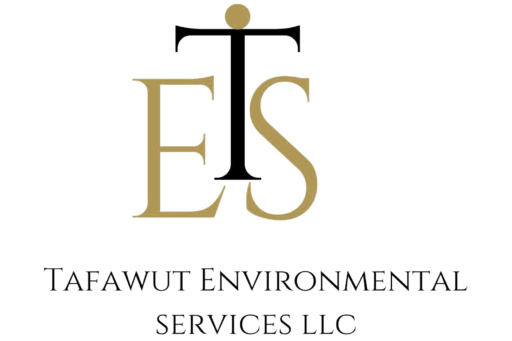Top Benefits of Effective Facility Management
Facility management involves the management and maintenance of buildings, infrastructure, and other facilities to ensure they operate efficiently, effectively, and safely. Key benefits of effective facility management include:
- Cost Savings: Proper facility management can result in cost savings through efficient energy use, preventive maintenance to avoid costly repairs, and optimized space utilization.
- Improved Efficiency: By streamlining processes, workflows, and space utilization, facility management enhances operational efficiency, leading to improved productivity and performance.
- Enhanced Safety and Security: Facility managers prioritize safety and security measures to protect occupants, assets, and information, reducing risks and liabilities associated with accidents, emergencies, or security breaches.
- Optimized Space Utilization: Effective space planning and management help maximize the use of available space, whether it’s office layouts, storage facilities, or production areas, leading to increased productivity and reduced real estate costs.
- Sustainability and Environmental Responsibility: Facility managers can implement sustainable practices such as energy-efficient systems, waste reduction, and green building initiatives, contributing to environmental conservation and corporate social responsibility goals.
- Enhanced Occupant Experience: By maintaining a comfortable, safe, and well-equipped environment, facility management contributes to the overall satisfaction and well-being of occupants, whether they are employees, tenants, or visitors.
- Compliance and Risk Management: Facility managers ensure that buildings and facilities comply with relevant regulations, codes, and standards, reducing legal risks and potential fines associated with non-compliance.
- Asset Management: Effective facility management includes the maintenance and management of physical assets such as equipment, machinery, and infrastructure, extending their lifespan and optimizing their performance.
- Flexibility and Adaptability: In today’s dynamic business environment, facility management strategies must be flexible and adaptable to accommodate changing needs, technologies, and market conditions.
- Support for Core Business Objectives: Ultimately, facility management supports the organization’s core business objectives by providing a functional, safe, and efficient environment that enables operations to thrive and goals to be achieved.
OUR SERVICES
- About TES
- Contact Us
- Facility Management
- Hospitality Services
- Pest Control Services
- Handyman Services
©2019. Tafawut ES LLC. All Rights Reserved.
Designed By Zentroa

